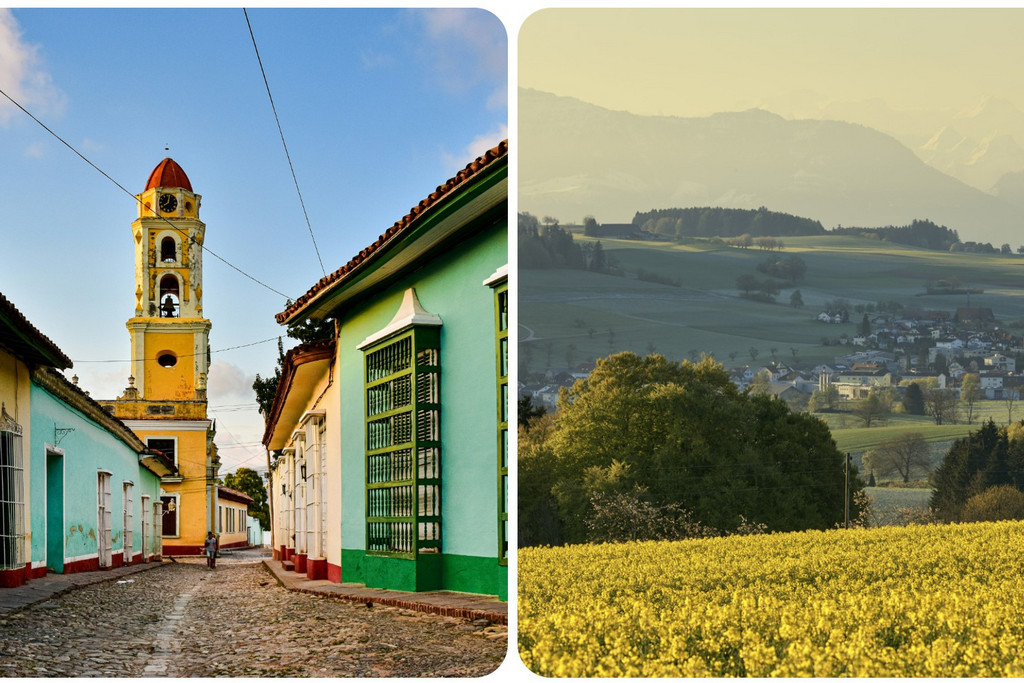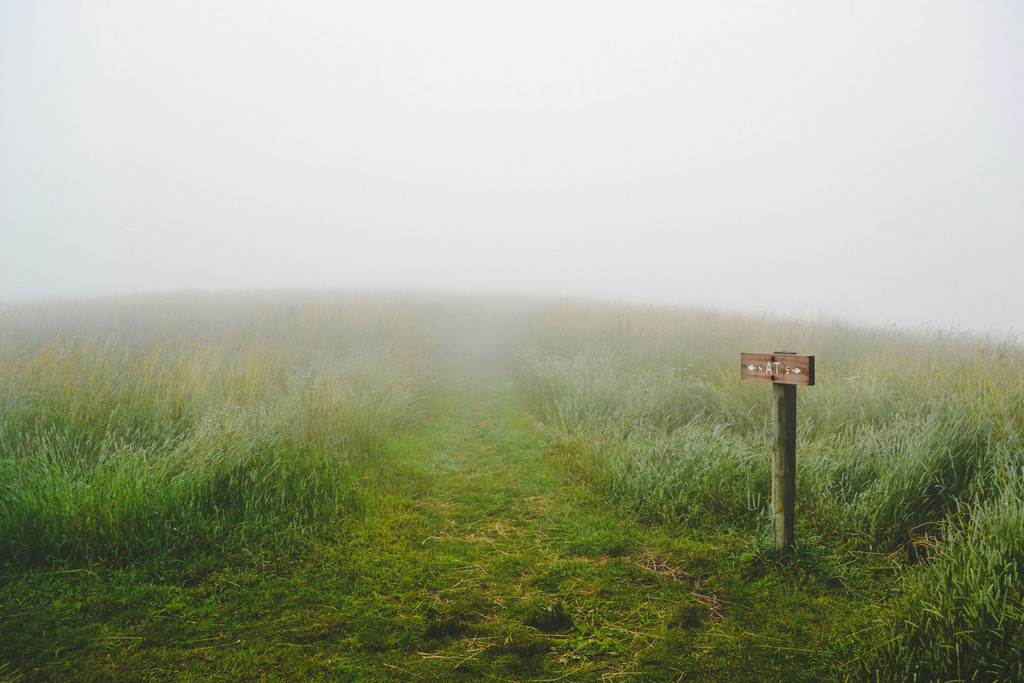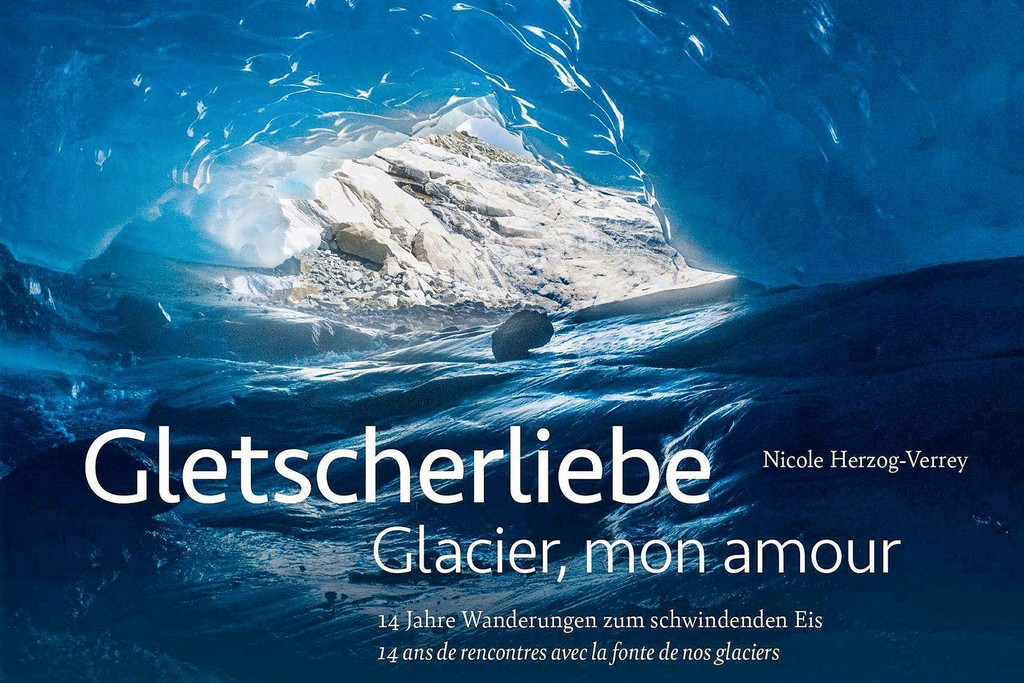Patrick Deville | Discoverer and universal genius
27.08.2014 – Beat Mazenauer
The saying goes that a prophet is without honour in his own country. This is certainly true in the case of Alexandre Yersin (1863-1943). However, Yersin, who was born in Morges in the canton of Vaud, spent most of his life in Paris and then in Southeast Asia. In his novel “Plague and Cholera”, the French author Patrick Deville deservedly rekindles the memory of this universal spirit.
Yersin was a pioneer in various fields. The plague bacterium “Yersinia pestis” still bears his name today. He discovered it rather by chance in Hong Kong in 1894, in competition with other researchers, for France and the Louis Pasteur Institute. Yersin himself benefitted little from this discovery. By the time his institute colleagues were receiving Nobel Prizes one after the other, Yersin had long since started pursuing other paths. He left the Parisian scene to find a new home in Vietnam, which belonged to France at the time. He found his personal paradise in the fishing village of Nha Trang, where he was able to give free rein to his wide-ranging interests. He created a small universe here in the jungle. The bacteriologist Yersin was also a land surveyor, geographer, meteorologist, farmer, engineer, inventor and architect. Impatient and quickly bored, he was always open to new things. He was a pioneering automotive enthusiast and was the first to drive a car through Hanoi. He made his fortune producing rubber and quinine. Patrick Deville explores this wealth of inventiveness in his novel for which he was awarded the Prix Fémina in 2012. He gets close to his protagonist by employing a kind of temporal pincer movement with meticulous accuracy and extraordinary clarity. The last years of Yersin’s life provide the backdrop. In 1940, just before the Nazis marched in, he visited Paris for one last time before turning his back on Europe for good. He had new plans in Nha Trang: he wanted to study Greek and Latin. In the form of a ghost from the future, Deville accompanies his protagonist through life reawakening memories of the key stages on his journey. What he brings to light is a gigantic micro-story from the perspective of someone who was interested in everything, except politics, and who, despite his colonial pioneering spirit, was always respectful of the native inhabitants and showed no signs of inventor arrogance. “The agnostic Yersin is a darling of the gods,” Deville notes. “Plague and Cholera” is full of remarkable anecdotes about this mercurial spirit who has probably been forgotten because he cannot be categorised accurately as a scientist. This novel provides readers with an insight into the realms of both the pathogen and the discoverer. Alexandre Yersin is the travel guide, while Patrick Deville is his companion and discreet driver.
Patrick Deville: Plague and Cholera, Little Brown Book Group, London, 2014. Original French edition: Peste et Choléra, Éditions du Seuil, Paris, 2012.











Comments